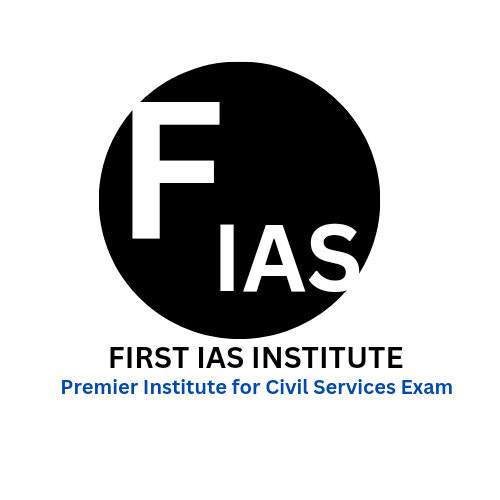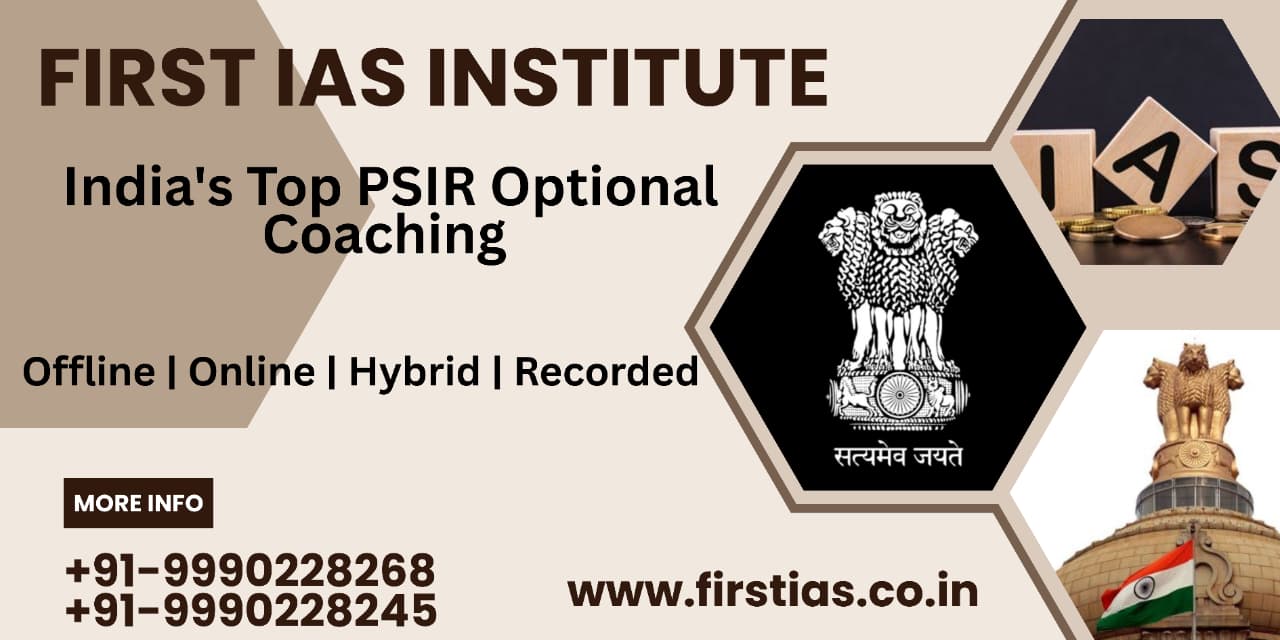The Four-Phase Strategy to Excel in PSIR
Divide your preparation into four logical phases to ensure comprehensive coverage and mastery.
Phase 1: Building a Strong Foundation (First 2-3 Months)
- Deconstruct the Syllabus: Go beyond merely reading the topics. Understand the keywords and the scope of each section. Keep a printed copy of the syllabus with you at all times.
- Selective Reading of Standard Books: Do not try to read everything. For Paper 1, rely on sources like O.P. Gauba and Andrew Heywood. For Indian Politics, M. Laxmikanth is essential. For Paper 2, use books like "Global Politics" by Heywood.
- Focus on Understanding, Not Memorizing: In this phase, your goal is to understand the core concepts of political theory, the evolution of thought, and the basic framework of international relations.
Phase 2: Consolidation and Note-Making (Next 2 Months)
- Inter-Linkage is Key: The real art in PSIR is connecting the dots. Link political thinkers (Paper 1A) to the Indian Constitution (1B), and connect IR theories (2A) to India's foreign policy (2B).
- Create Concise, Thematic Notes: Make your own notes. Structure them thematically (e.g., notes on 'Justice', 'Democracy', 'India-US Relations'). Incorporate quotes from thinkers and relevant examples.
- Previous Year Questions Analysis: Thoroughly analyze the last 10 years' question papers to understand the demand of the exam and identify recurring themes.
Phase 3: Answer Writing and Value Addition (Ongoing)
- Start Daily Answer Writing: Begin by writing one or two answers daily. Focus on structure: a clear introduction, a well-argued body with multiple dimensions, and a forward-looking conclusion.
- Integrate Current Affairs: Your answers, especially in Paper 2 and Section 1B, must be enriched with contemporary examples from newspapers and journals like The Hindu, Indian Express, and IDSA.
- Use Academic Language: Incorporate keywords, names of scholars, and specific terminology from the subject to give your answers an academic weight that distinguishes them from a general studies answer.
Phase 4: Rigorous Testing and Revision (Last 3 Months before Mains)
- Join a Quality Test Series: This is non-negotiable. A good test series provides a reality check, helps in time management, and exposes you to a variety of questions under exam conditions.
- Focus on Feedback: Merely writing tests is not enough. Meticulously analyze the feedback you receive. Identify your weak areas—whether in content, structure, or time management—and work on them.
- Multiple Revisions: Repeatedly revise your concise notes. The goal is to have the key concepts, thinkers, and examples at your fingertips so you can recall and apply them effectively in the exam hall.

